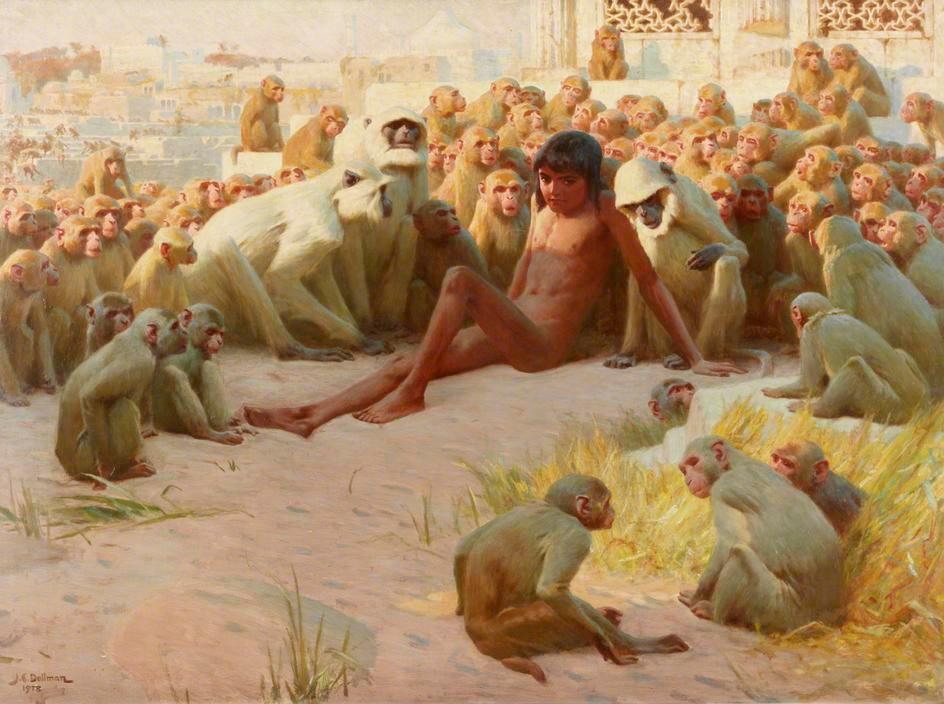There is an old Chinese proverb: If a person does not learn poetry as a child, he or she will not know how to pray as an adult. A more arresting thing could hardly be said, especially in an age when poetry itself asks the question “to be, or not to be?” as it is either shrugged off with indifference or dismissed as unimportant.
Reality must be touched by the miracle of imagination if we are to escape from the straitjacket of logic alone and stay in tune and in touch with the invisible and idealized world that at once perplexes and perfects our logic. As a writer of poetry himself, the theologian and philosopher Thomas Aquinas knew well that, as Robert Burns wrote, “the best laid schemes o’ mice and men gang aft agley,” and that when logic and rhetoric fail, we must look to poetry—though our times threaten to look to it nevermore.
Poetry’s Good Gifts
“The world is so full of a number of things, I’m sure we should all be as happy as kings.”
Considering how much unhappiness there is in the world today, there might be a temptation to dismiss this poem by Robert Louis Stevenson and its ilk as optimistic delusion—which is part of the cause of unhappiness. There is a sad tendency prevalent to view the world as a wasteland rather than a wonderland. This is, perhaps, one of the deepest errors of our time—the error of cynicism.



